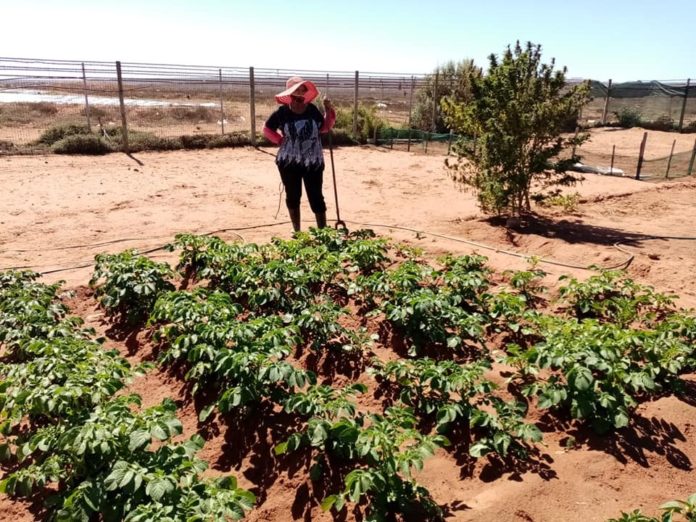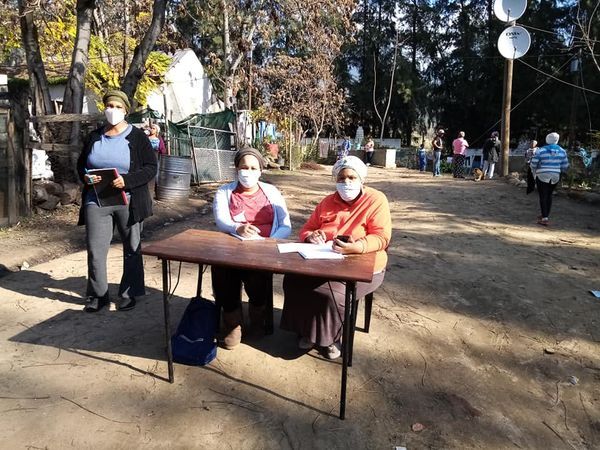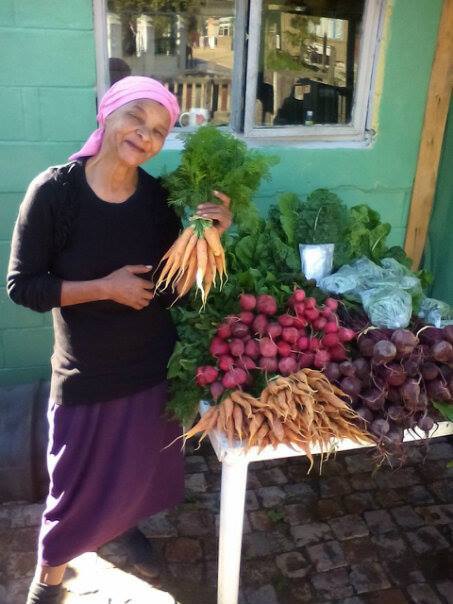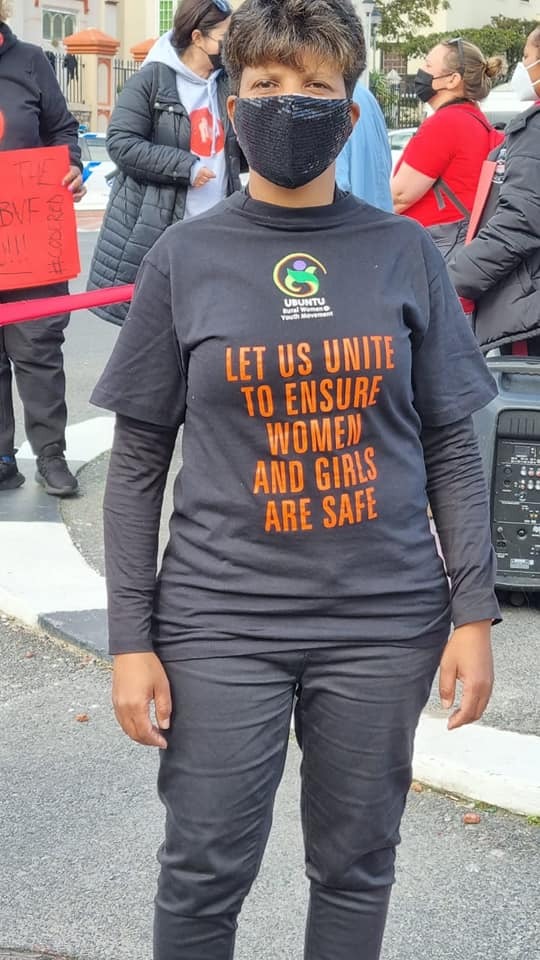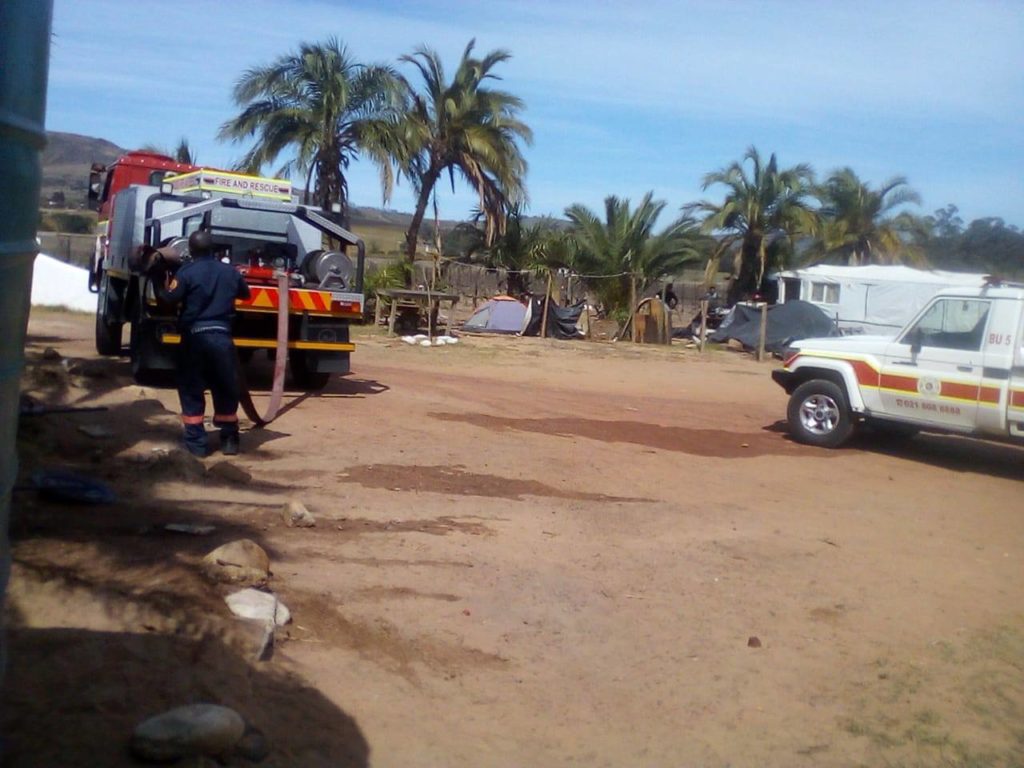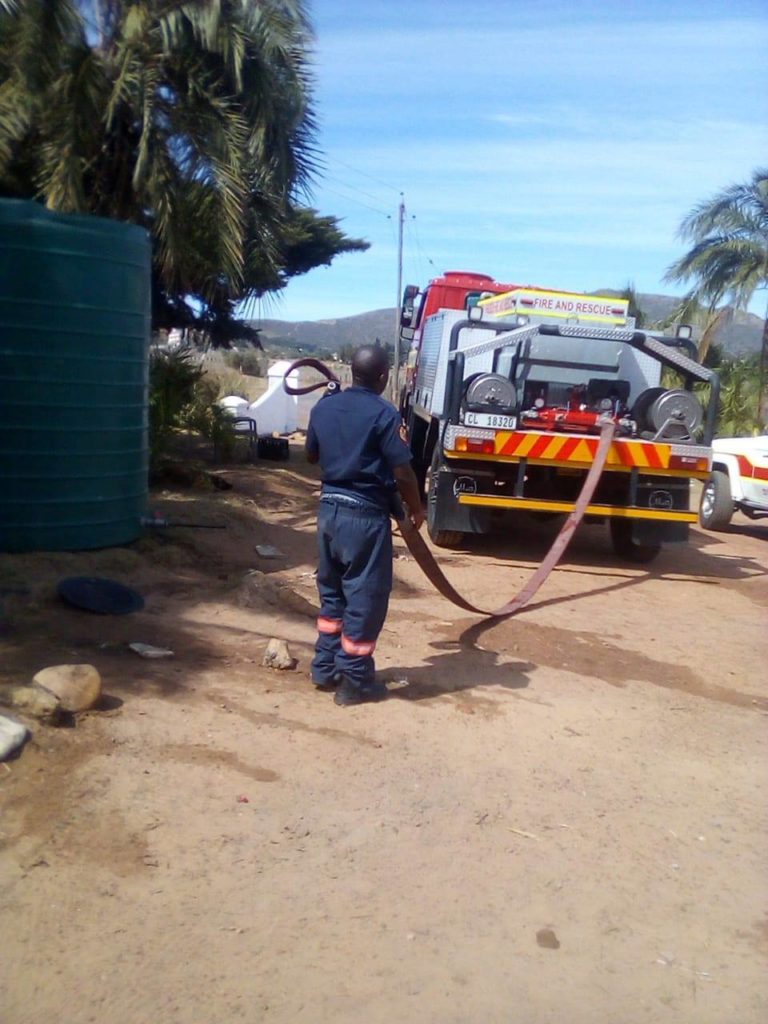Ubuntu Rural Women and Youth movement is a non-profit organisation working in farming communities of the Western Cape. The organisation focuses on improving the living and working conditions of the communities. Farm workers often face difficult challenges, and have almost no oversight for their rights. Ubuntu intervenes in these circumstances.
The Daily Vox chatted to Wendy Pekeur from Ubuntu about their work in the farm lands, and the upcoming local government elections.
Related
The Daily Vox – The Daily Vox chats to Wendy Pekeur from the Ubuntu Rural Women and Youth Movement
Background
Speaking to the Daily Vox, Pekeur said they get cases from all over the Western Cape, from the metro areas to the winelands. The organisation handles dismissals, evictions and access to basic services like water and sanitation.
“We believe women and farming communities have the tools to help themselves. Ubuntu helps to facilitate that. We assist and intervene where we can. We are nonpartisan and have taken a stance to not go into the political arena,” said Pekeur.
“If you are caught up in parties with corruption and mismanagement you get grouped as such. It’s also a dangerous and dirty game. When I was younger, I was involved in party politics and witnessed too much in-fighting and violence,” Pekeur said.
Water, Sanitation and evictions
Pekeur lives in Elsenburg;a state farm. She said the local municipality doesn’t necessarily want to do work here. The same goes for private-owned farms, which is a huge problem when it comes to evictions, she said.
Elsenburg falls under the Stellenbosch Local Municipality which has 22 wards. Elsenburg is ward 19, and Jan Karel Hendricks its councillor. The Democratic Alliance (DA) has been in control of the municipality since 2011. In the #LGE2016, the DA won 30 of 43 seats on the council.
In August 2019, 263 people were evicted from Klein Akker, then moved to Mesco farm near Stellenbosch. “The fire brigade organised water and sanitation for 300 people. The municipality had to give services but they refused. This was before the pandemic.They said it was not their responsibility, as the people were evicted from land that was under the city of Cape Town”, she said.
Pekeur said the national department of human settlements provided the tanks and toilets, but it was a local government function. A similar situation with access to water happened in Flenterskloof, Paarl. The organisation engaged with the Drakenstein municipality who provided water tanks for the community. They also helped an informal settlement in Rawsonville gain access to water. It is a small farming community that forms part of the Breede Valley Local Municipality.
“This was also during the hard lockdown. These things usually take much longer. The regulation on access to water during a pandemic has really helped in people getting access to clean water,” Pekeur said.
Pekeur has witnessed evictions on farm lands across municipalities. She said usually the municipalities have no contingency plans in place. If one or two families get evicted, it hardly gets media attention. These families then have to seek shelter in backyards or informal settlements.
“When there is an eviction from a farm it becomes the municipality’s responsibility. They must have emergency housing in place,” said Pekeur.
Related:
Housing organisations condemn Cape Town’s draft unlawful occupation by-law
Elections
Pekeur said people are nonchalant about voting in Elsenburg. There has been some canvassing, but there is no real hype here, not even a poster in sight, she said.
She said most political parties target activists to run for them, because they know these people have a good standing in the community. They also rely on giving out bread and cooldrinks on election days for votes. There are also hard working people who want to make a difference, she said.
“I always tell people just because you take the bread doesn’t mean you have to vote for them, or any party who does this. That isn’t a good enough reason to vote for a party, said Pekeur.
RELATED:
We want to hear from you #LGE2021
Ward Councillors
Pekeur said ward councillors do not understand legislation when it comes to farm workers. She said she has often heard bad advice when evictions take place.
“Ward councilors do not advise people, they miss court dates and end up being evicted. If someone is dismissed they have 30 days to challenge it. But councillors are not giving proper advice, so people lose out on the chance to save their jobs,” she said.
It is crucial for municipalities in rural areas to put training programmes in place for ward councillors. The issues are different from urban areas. Even if some farms are private property, there are certain services a councillor can give, Pekeur said.
“If it is about people’s rights being violated, ward councillors are supposed to intervene. We work in isolated places like Agter-die-Berg. When we get calls for interventions I always wonder where the ward councillors are?.
Related
What do mayors and councillors earn?
The land
Land is the most important issue local governments should step up with, said Pekeur. People in rural areas need to have access to land to become self-sustaining. Everything is monopolised and white-owned she said. “Municipalities that give out 99 year leases with low rental – we don’t get access to these things. When there is land available they would rather sell it to developers, Pekeur said.
Pekeur said having land will have snowball effects. People will grow their own food which is food security. It will improve the quality of living for everyone in rural areas, and can only have positive effects, she said.
“Rural areas are last on the list for politicians’ priorities. I wish that would change soon. We bring value to this country, and deserve a dignified existence,” Pekeur said.

